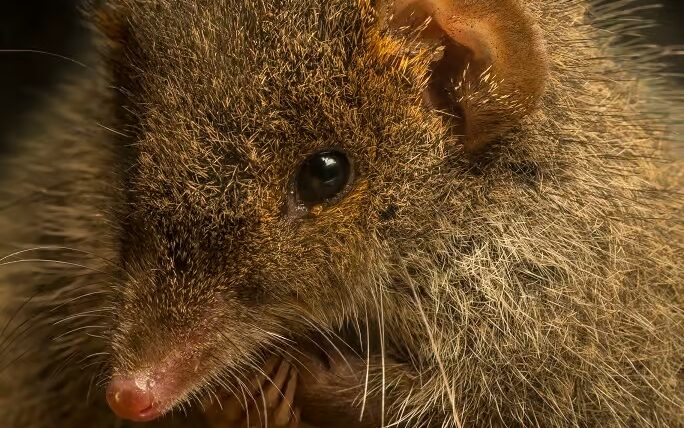A team of researchers conducted a study on the Antechinus, a small Australian marsupial, to understand why the animal dies after an intense sexual period.
Australian researchers have looked into the sexual rhythm of the antechinus, a mouse-sized Australian marsupial. Roughly every year in August, males go into a three-week sexual frenzy during which they mate with every female they can, then die en masse.

“ It’s a very short and very intense period “, explains zoologist Erika Zaid from La Trobe University in Melbourne to the media Nature.
The researchers published their study on animal monitoring on January 25. To find out how males take the time to have so much sex during their short lives, Erika Zaid and her team captured ten males and five females dusky antechinus (Antechinus swainsonii) and placed them in separate enclosures so that they cannot mate. They attached activity sensors and took blood samples to measure biomarkers.
Two dead, eight barren at the end of the season
Researchers found that captive males moved around much more and slept less during the breeding season than during the rest of the year. On average, the daily sleeping time of males was about 20% less during this period compared to the rest of the year, and fell to less than 50% for one of the specimens. At the end of the mating season, two of the males died within hours of each other. The other eight became sterile.
Erika Zaid and other biologists think that loss of sleep may have caused the annual die-off of antechinus. However, the two males that died were not the ones who had slept the least, and it takes a much greater loss of sleep to kill a small animal, which suggests that something else is killing the antechinus. “ It’s a real question mark » says Erika Zaid. Other studies are to be planned, specifies the researcher.
Do you want to know everything about the mobility of tomorrow, from electric cars to e-bikes? Subscribe now to our Watt Else newsletter!
